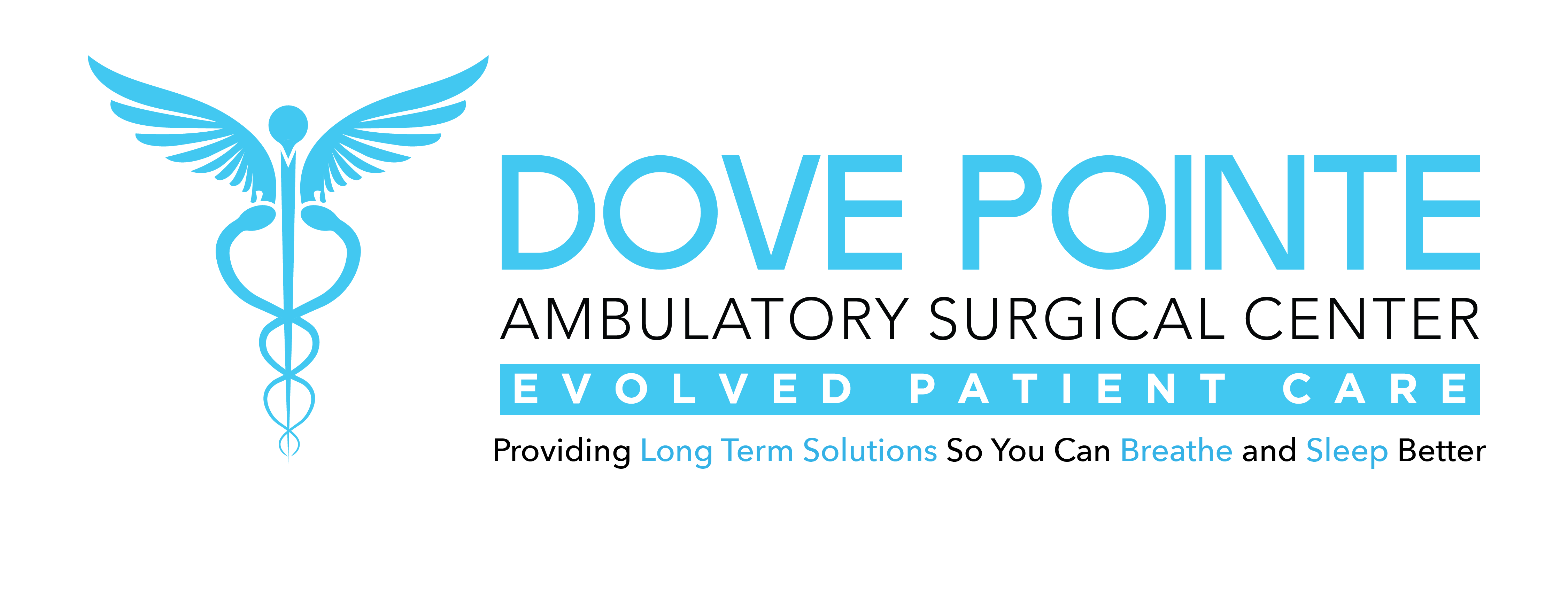When it comes to your allergies, understanding which treatment is right for you will depend on the severity of your symptoms and what kind of allergy you are dealing with. When considering medical care, it’s important to understand all of your options and understand exactly how they work in order to make the best decision on which treatment would work best for you.
Let your local McAllen ENT, Dr. Frank R. Glatz and his team of sinus relief specialists at the Glatz Group, provide you with a list of treatment options to manage those pesky symptoms.
Options for Treating Your Allergy Symptoms
1. Avoiding Allergies
The best way to avoid allergies before taking medication is to try your best to steer clear from whatever may trigger your symptoms. This helps to prevent issues before they even begin and curb your need for medications.
Some ways to accomplish this is by getting rid of the source of allergies, whether it be an issue within your home, a pet, or flowers in your garden that add to the problem.
2. Medications
Some people choose not to take medications because they feel as if their symptoms aren’t that serious. You may be telling yourself it’s just your allergies, but ignoring them can lead to even bigger, more painful issues like sinus or ear infections.
However, it’s not a risk worth taking.
There are plenty of safe, over-the-counter medications to alleviate allergy symptoms. These include, but are not limited to:
- Nasal corticosteroids or nose sprays. They come in handy when you want to minimize swelling. Swelling is what leads to a stuffy, runny, and itchy nose. This is the best option for nasal allergies.
- Antihistamines protect you from histamine, an allergic swelling trigger. They can relieve sneezing, itching, runny nose, and hives. These come in the form of pills, liquids, melting tablets, or nose sprays. They serve as a treatment for seasonal and indoor allergies. An example would be Claritin.
- Mast cell stabilizers maintain your body’s release of histamine. This is useful for when you experience itchy, watery eyes or an itchy, runny nose. You can take them as eye drops or nose sprays.
- Decongestants lessen stuffiness by reducing the size of swollen membranes in the nose. However, be careful about how often you use them. If you use these sprays more than three days in a row, it can worsen the swelling and stuffiness in your nose.
- Corticosteroid creams or ointments alleviate itchiness and stop rashes from spreading. See your doctor if your rash persists after using the cream for more than a week.
- Epinephrine is offered in a pre-measured and self-injectable syringe. It is the most important medication to take in the worst-case scenario of a life-threatening anaphylaxis (severe allergic reaction). For it to work, you must receive the shot no more than a few minutes after the initial sign of a dire allergic reaction.
3. Immunotherapy
There are two types of immunotherapy: allergy shots and sublingual immunotherapy (SLIT).
Allergy shots, also referred to as subcutaneous immunotherapy (SCIT), involve getting injections of allergies in increasing doses over time. It will help you become progressively less sensitive to your allergy.
Allergy shots can be most effective for those who suffer from allergies caused by pollen, pets, dust, bees or other stinging insects. This treatment alters the immune system, making it strong enough to prevent the development of new allergies and asthma.
Allergy tablets are a form of sublingual immunotherapy (SLIT) that treat particular allergies without shots and are placed beneath the tongue. The tablets work in the same way as shots, as they tone down symptoms by helping the body defend itself against allergies. FDA-approved SLIT tablets are designed to treat allergies to ragweed, grass pollen, and dust mites.
However, what sets tablets aside from shots is that they do not prevent the possibility of new allergies and asthma from developing.
4. Schedule a visit with your local ENT
If these options do not provide you relief, or your symptoms worsen, you may want to see if you’re eligible for a procedure performed in our office called balloon sinuplasty. The purpose of the balloon sinuplasty procedure is to expand your sinus passageways. Balloon sinuplasty is an effective, lasting option for patients with symptoms that haven’t been resolved with medication.
The balloon sinuplasty procedure doesn’t require general anesthesia, and in most cases, patients are able to go about their normal activities within 24 hours.
These treatment options should be useful, but in order to determine the ideal treatment for your specific symptoms, you can count on the sinus relief team at Glatz Group to guide you in the process for a healthier tomorrow.
If your allergy symptoms don’t go away or get worse, do not wait to schedule a consultation with Dr. Frank R. Glatz as soon as you dial (956) 631-2957. You’ll be Glatz you did!



